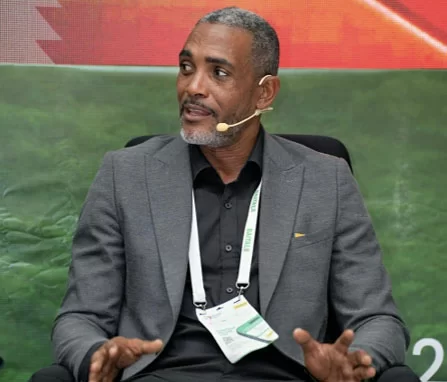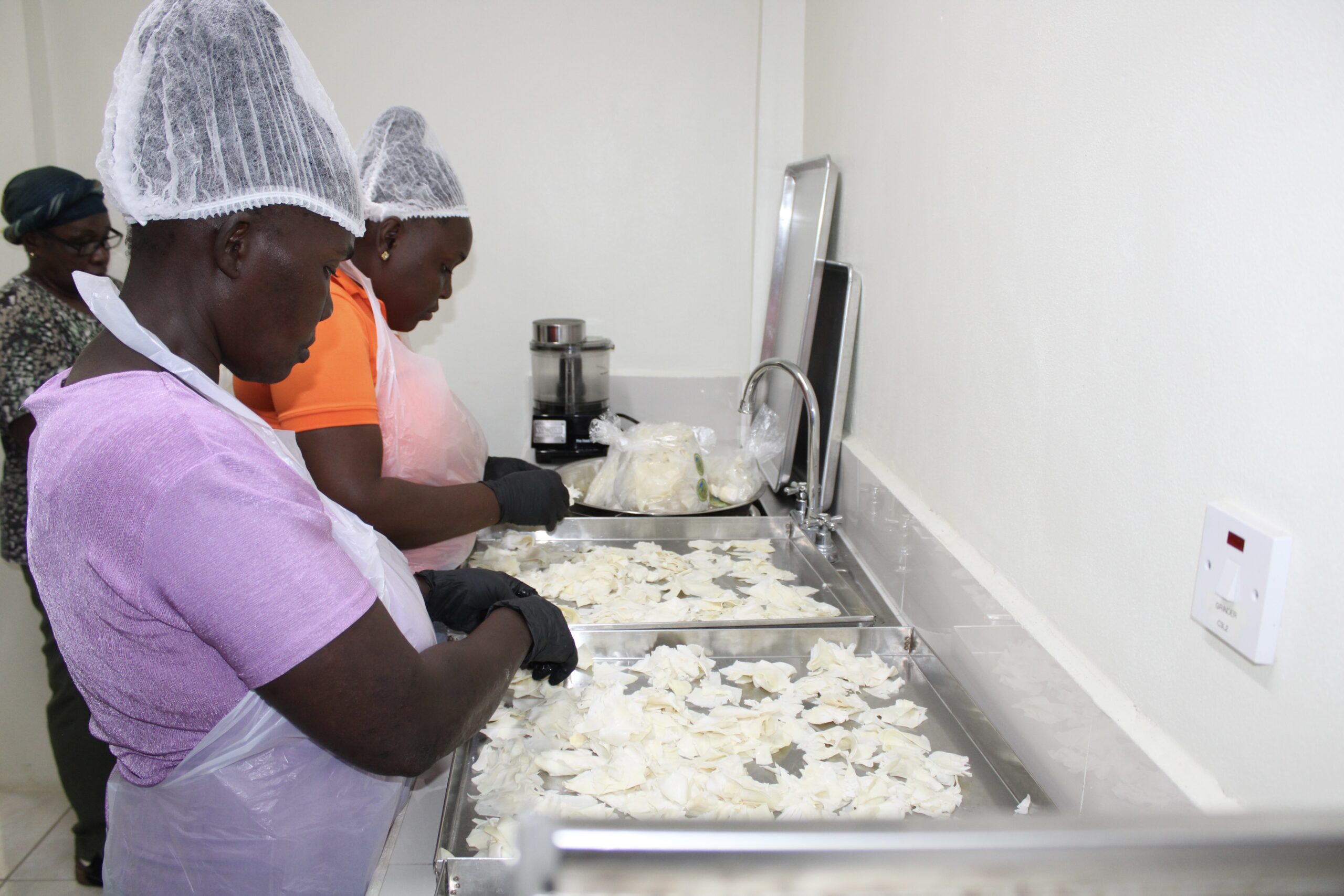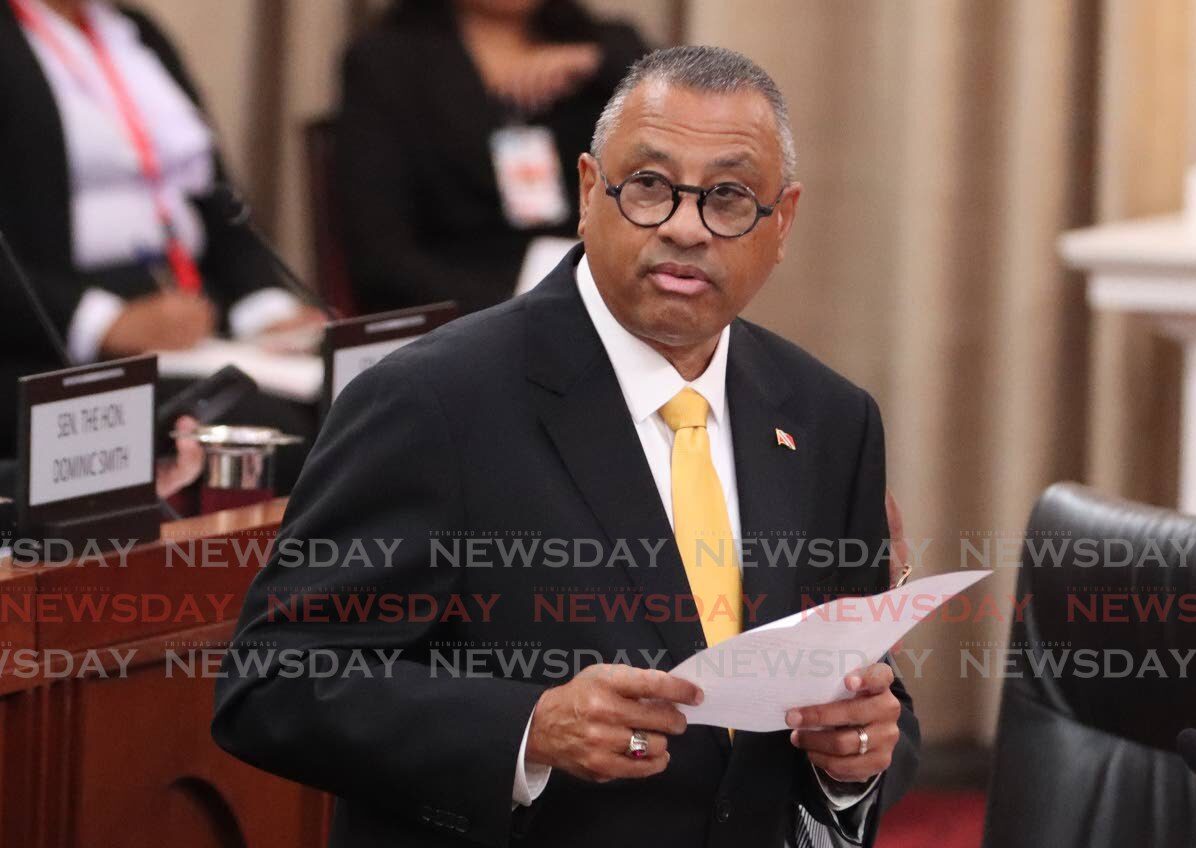Industry executives from leading global travel organizations have identified the Dominican Republic as the Caribbean’s next pivotal tourism hub, citing its unique combination of scale, infrastructure, and economic maturity. This assessment was delivered at the III BHD Tourism and Investment Forum during Fitur 2026 in Madrid.
Salim Arkuch, Vice President and General Manager for Latin America and the Caribbean at Expedia Group, articulated that the nation possesses the necessary assets to function as a regional anchor for sustainable tourism development and large-scale capital investment. He emphasized the country’s superior air connectivity, extensive hotel capacity, and well-consolidated tourism economy as critical advantages.
These foundational strengths position the Dominican Republic as an ideal gateway and dispersion point for the growing trend of multi-destination travel within the Caribbean. This model, often referred to as ‘hotel hopping’ or ‘multi-stay trips,’ is perfectly aligned with the nation’s operational capabilities, allowing tourists to experience multiple destinations within a single itinerary.
Echoing the strategic importance of the sector, Christopher Imbsen, Vice President of Public Policy at the World Travel & Tourism Council (WTTC), addressed the forum. He underscored that tourism constitutes approximately 18% of the Caribbean’s regional GDP, establishing it as a primary economic driver. Consequently, Imbsen stressed that integrating tourism into national development planning is no longer optional but an essential prerequisite for sustainable growth. This holistic approach necessitates that policy decisions on transportation, housing, energy, land use, and human capital development are made in concert with the sector’s strategic needs, rather than in isolation.









